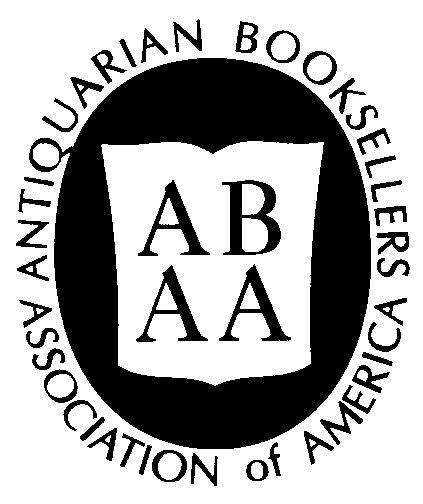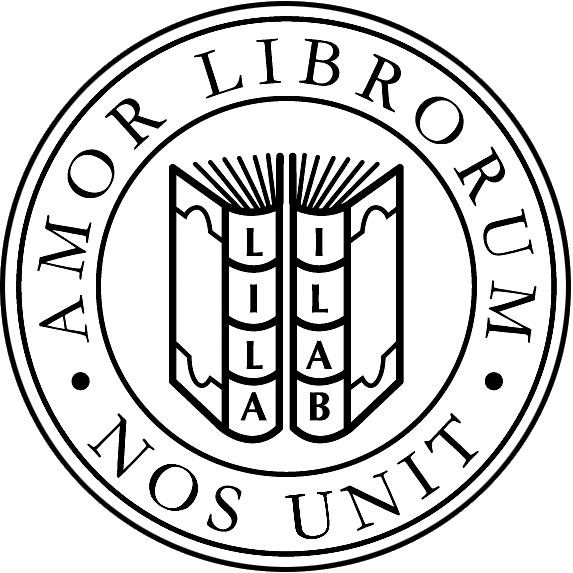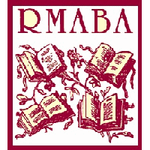Dealer in Rare and First-Edition Books: Western Americana; Mystery, Detective, and Espionage Fiction
![Autographed Letter Signed From Horatio Gates Gibson To [Lieutenant] Winder Discussing The Wreck Of The Steamship San Francisco HORATIO GATES GIBSON](/media/images/large/43058.jpg)
Autographed Letter Signed From Horatio Gates Gibson To [Lieutenant] Winder Discussing The Wreck Of The Steamship San Francisco
HORATIO GATES GIBSON
Other works by HORATIO GATES GIBSONPublication: Written By Horatio Gates Gibson, 1854, Fort Gibson, I T INDIAN TERRITORY
First edition. Four 9 3/4" x 7 7/8" unnumbered pages of pale blue writing paper with message written in ink. A manuscript letter from Army artillery officer Horatio Gates Gibson to one "Winder," whom we presume to be either Charles Winder or William Winder; both men were Lieutenants in Gibson's regiment, the 3rd U.S. Artillery, and both were on the steamship San Francisco when it wrecked due to engine failure, shortly after departing New York on December 22, 1853. The letter is chiefly devoted to commentary on the wreck and gratitude that Winder is safe, with a smaller amount given over to a proposed monument for a mutual friend and fellow soldier and conditions at Fort Gibson. The San Francisco gained notoriety in no small part due to the scandal surrounding its captain, Colonel Grant, who announced that he'd remain with the ship until all passengers were safe and then left with his family on the first rescue boat. The Lieutenants Winder, along with several other members of the 3rd who were on board, were singled out in a New York Times article for their bravery. Gibson, who seems unaware of this in his letter, nevertheless berates Grant and praises those who stayed with the ship, and ask that Winder give his "warmest regards to all my friends in the Regiment, and to all present my congratulations upon their escape. I knew those who were lost, except Jerrold Fuld(?), but slightly -- Washington I did not know but by reputation, but in him and Taylor the Regiment has met with a sad loss. The only efficient field officer we had is gone, & who supplies his place. . . . " Of the fort, Gibson has far more cutting words: "I can only say, that we are all infinitely disgusted with it. Since we arrived we have had no instruction [??] -- the men on extra duty, or hard at work, & the damned 7th foot complaining that they have to do everything & we do nothing . . ." The Army eventually abandoned Fort Gibson in 1857, after numerous complaints from the Cherokee about the liquor and brothels there. Horatio Gibson also served in the Mexican War and in California during the Gold Rush, and later as colonel in the Civil War; he gained the rank of brigadier general in 1904, after he retired. Fold creases to all sheets, with a few small splits at edges; minor occasional soil; second leaf has ~1" tear to edge and toning to blank part of verso. Overall a very good copy.
Inventory Number: 43058Sold -- Contact us









